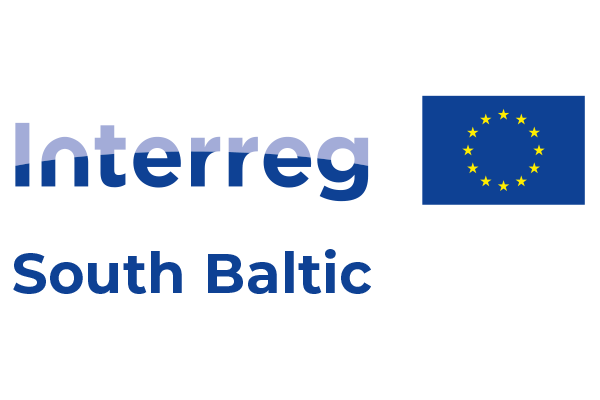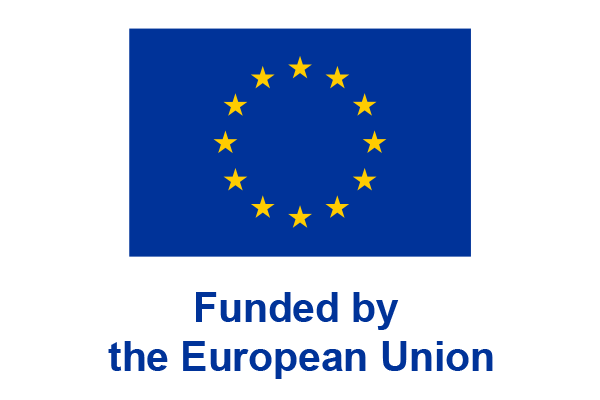

Methane is one of the most important greenhouse gases with a Global Warming Potential (GWP) of 34 on a timespan of 100 years, according to IPCC’s 5th Assessment Report. The concentration of methane in the atmosphere has more than doubled in the last 150 years and landfills are the third largest (16%) emitter of anthropogenic methane after fossil fuel production, distribution, combustion (33%) and livestock farming (27%). In the Baltic Sea region, there are up to 100 thousand of landfills including closed or abandoned sites, which pose environmental risks due to greenhouse gas emissions into the atmosphere. According to the Report of National Inventory Submissions to the UNFCCC, 2020, these landfills emit 782 kt in Sweden, 662 kt in Lithuania, 302 kt in Poland, 270 kt in Germany and 21 kt in Denmark of CH4 emissions. However, only a small number of these are equipped with gas extraction equipment (51 landfills in SE, 267 in PL, 10 in LT). In Denmark there are already 10 sites utilizing dual-fuel technology with Diesel as pilot fuel (all operated by Deponigas ApS).
The objective of this project is twofold; the production of green electricity and heat, which in itself contributes to GHG reduction if the corresponding use of fossil fuels is offset, and reduction of GHG gases by reduction of spontaneous methane emission from landfills and elimination of methane emissions from different types of off-gases. In addition, transforming indigenous low-quality gas streams into power and heat contributes to the security of supply and diversification of energy systems. Sixteen EU member states have already applied a landfill ban on organic material, and, as the gas production in landfills declines when no new organic material is landfilled, the methane level decreases and conventional CHP production using an Otto engine is no longer possible. The current procedure is to cover the landfill and install so-called bio-windows, where microbes oxidize the methane to carbon dioxide. However, methane content is only reduced, not eliminated, through the use of such bio-windows, and there is no guarantee that all the methane produced inside the landfill will pass a bio-window before entering the atmosphere. In addition, the energy contained within methane is not utilized. In this project three different options to use landfill gas and off-gases with low methane (lower than 40%) content will be evaluated and benchmarked. The three technologies are developed in different countries, thus the need for international cooperation is evident. The landfill gas is extracted by suction and the negative pressure prevents the methane from escaping to the atmosphere. The project idea is well aligned with the EU Methane Strategy as part of the European Green Deal.
The project will result in a decision support tool and recommendations for landfill gas operators and other parties dealing with off-gases containing methane, to minimize methane emissions and produce green power and heat.
LEI activities in the Project
Keywords:
greenhouse gases, landfills, methane, CO2, low calorific gases, combustion, green power
Acronym: LoCaGas
Project ID: STHB.02.01-IP.01-0011/23
Total value of the project: 1 786 200 EUR (LEI skirta dalis: 303 000 EUR).
Coordinator: Gdansk University of Technology, Poland.
Partners:
- Baltic Energy Innovation Centre, Sweden
- Eco-Construction Ltd., Poland
- Klaipėda University, Lithuania
- Lietuvos energetikos institutas (LEI), Lithuania
- NSR AB, Sweden
- UAB Addeco, Lithuania
- University of Rostock, Germany
Subcontracted organisations:
- Lund University, Sweden
Associated Partners:
- Deponigas ApS, Denmark
- Energy Agency Southern Sweden, Sweden
- European Biogas Association, Belgium
- German RETech Partnership e.V., Germany
- Swedish Waste Management Association, Sweden
- Waste Treatment Plant Nowy Dwor Ltd., Poland
 |
The project is funded by the European Union’s “Interreg South Baltic Programme 2021-2027”. |
Project Team
| Name, surname | Office | phone. | |
|---|---|---|---|
|
LEI Representative |
|||
| Rolandas Paulauskas | 101-LK | +37037401830 | Rolandas.Paulauskas@lei.lt |
|
Project Team |
|||
| Ernest Bykov | 107-LK | +37037401876 | Ernest.Bykov@lei.lt |
| Adolfas Jančauskas | 102-LK | +37037401976 | Adolfas.Jancauskas@lei.lt |
| Aurimas Lisauskas | 105-LK | +37037401932 | Aurimas.Lisauskas@lei.lt |
| Lina Vorotinskienė | 104-LK | +37037401881 | Lina.Vorotinskiene@lei.lt |
| Kęstutis Zakarauskas | 105-LK | +37037401932 | Kestutis.Zakarauskas@lei.lt |





